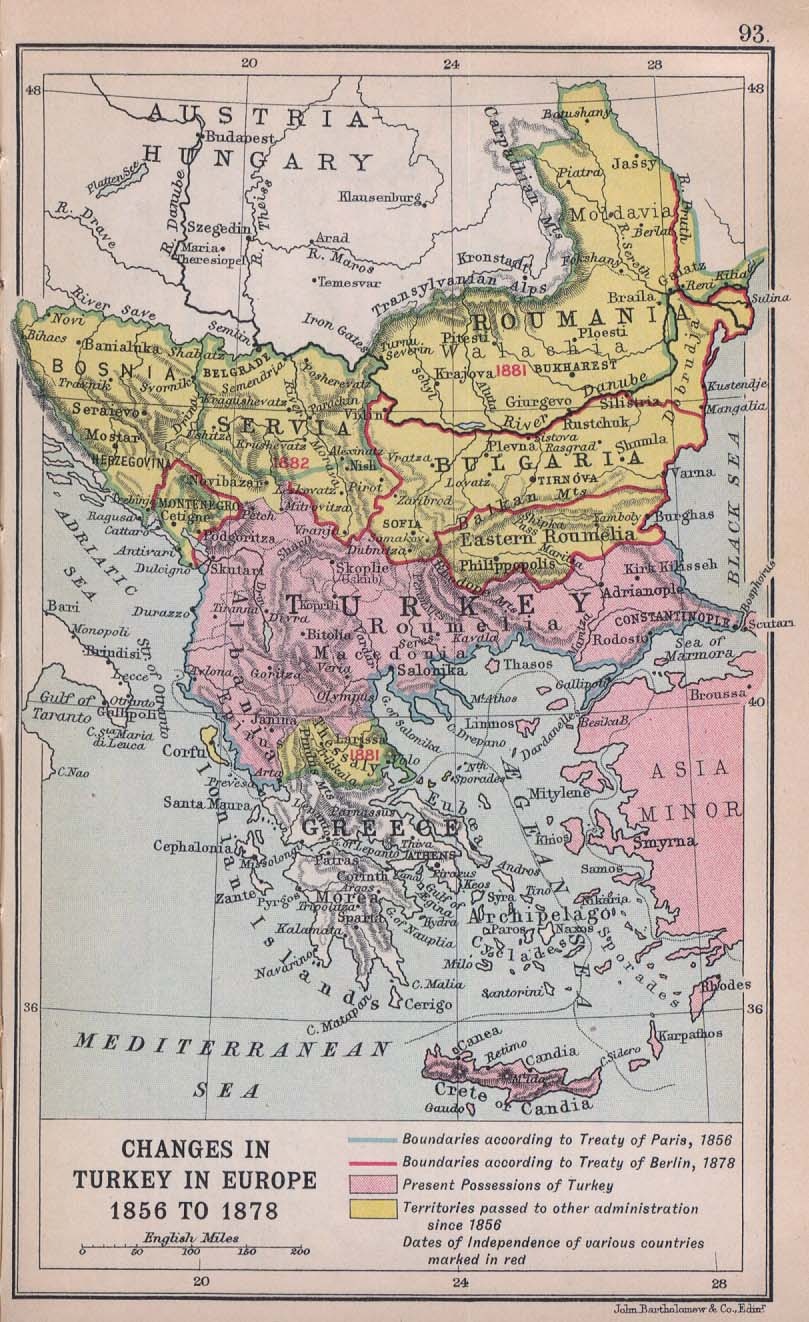Joad second from right on the in June 1932 In his early life Joad very much shared the desire for the destruction of the. He was expelled from the in 1925 because of sexual misbehaviour at its summer school, and did not rejoin until 1943. Natata Ebook Compiler Gold 3.0.3 Crack.
Our Own Civilization By C.e.m.joad Pdf Download. The writers were C.E.M. Joad (1891–1953), a professor of philosophy at the University of London, and Richard M. Weaver (1910–1963), a teacher of English and rhetoric at the University of Chicago. So far as I am aware, the two men were not acquainted. Joad second from right on the in June 1932.

OUR PRESENT CIVILIZATION - C. In the essay 'Our Own Civilization', C.E.M Joad discusses the. Our Own Civilization By C.e.m.joad Pdf Creator.
Our Own Civilization By C.e.m.joad Pdf Creator. This was the fate of Babylon, Assyria, India, China, Greece and Rome. Previous civilizations were specialized and limited like an oasis in a surrounding enormous desert of savagery. Our Own Civilization By C.e.m.joad Pdf Creator. In 1931, disenchanted with Labour in office, Joad became Director of Propaganda for the. Owing to the rise of 's pro-Fascist sympathies, Joad resigned, along with. Soon afterwards he became bitterly opposed to, but he continued to oppose militarism and gave his support to organisations, including. CEM Joad’s The Story of Civilization is one of the best examples of the cliche that awesome things come in small packages. Our Own Civilization By C E M Joad Pdf All of 94 pages in big font, it packs in some profound philosophy in palatable, often delicious, lines.
In 1931, disenchanted with Labour in office, Joad became Director of Propaganda for the. Owing to the rise of 's pro-Fascist sympathies, Joad resigned, along with. Soon afterwards he became bitterly opposed to, but he continued to oppose militarism and gave his support to organisations, including the and the. While at Birkbeck College Joad played a leading role in. The motion, devised by David Graham and debated on Thursday 9 February 1933, was 'that this House will in no circumstances fight for its King and Country.” The debate was often interpreted as illustrating both the attitude of Oxford undergraduates and the state of Europe at the time; Adolf Hitler had become Chancellor of Germany just ten days prior to the debate.
Joad was the principal speaker in favour of the proposition, which passed by a vote of 275 to 153. Joad’s speech was described as “well-organized and well-received, and probably the single most important reason for the outcome of the debate.” Joad's part in the debate caused him to gain a public reputation as an absolute pacifist. Joad was also involved in the, which he chaired, 1937-38. Joad was an outspoken controversialist; he declared his main intellectual influences were and. He was strongly critical of contemporary philosophical trends such as, and.
He was also repeatedly referred to as 'the of England', although, as Kunitz and Haycraft pointed out, Joad and Mencken 'would be at sword's point on most issues'. Joad crusaded to preserve the English countryside against industrial exploitation, overhead cables and destructive tourism.
Civilization and History. Even our own age has fought the two greatest wars in history. From The Story of Civilizationby C. CIVILIZATION AND HISTORY (C.E.M. Joad) SUMMARY History as a record of great conquerors: The books of history are nothing more than the records of the deeds and.

Our Own Civilization By C.e.m.joad Pdf Free
Our civilization is more secure than previous. Man may become a slave to his own. Our Civilization” C E M Joad praises the remarkable progress. Joad; Caricature of Joad (1945) Born. Internet Access Controller Ware here. Let them at least make something of their own houses. The Story of Civilization, London: A. Black (1931).
Black Keys El Camino Rar on this page. The history of ideas is filled with unusual coincidences. One such coincidence was the publication in the same year—1948—by two authors, one English and one American, of books reaching very similar conclusions about the decline of Western civilization, and based, moreover, on a similar analysis of the causes of that decline. The writers were C.E.M. Joad (1891–1953), a professor of philosophy at the University of London, and Richard M. Weaver (1910–1963), a teacher of English and rhetoric at the University of Chicago.
So far as I am aware, the two men were not acquainted. Weaver’s work, Ideas Have Consequences, 1had a wider influence than Joad’s book, which was entitled Decadence: A Philosophical Inquiry, 2but Joad’s was an equally powerful and in some ways philosophically deeper analysis of the spiritual and cultural crisis that these writers perceived in their respective societies. By the late 1940’s, there was already considerable evidence of moral and cultural decline in Europe and America. In addition to two devastating world wars, the holocaust and the spread of communist ideology, Western societies had experienced a serious deterioration in moral values, the deadening effect of a machine‑driven way of life, the politics of the mass man and the Leviathan state, the collapse of recognizable standards of beauty in art and architecture, a weakening of educational standards, the marginalization of religion and the dominance of a materialistic culture based on jejune entertainment and instant gratification. It was clear that these conditions had not arisen all at once in the middle of the twentieth century.
Our Own Civilization By C.e.m.joad Pdf Book
The question that Joad and Weaver addressed in the aftermath of World War II was whether there was something in the history of ideas that could help to explain this apparent breakdown in the values that had been central to western culture. +++ I Cyril E.M. Joad was a graduate of Balliol College, Oxford, and taught for many years at Birkbeck College, University of London, where he was head of the philosophy department. His published works, including comprehensive treatises on metaphysics and ethics, were written in a marvelously clear and comprehensible style. Yet they never gained the attention they deserved, probably because his premises directly contradicted those of the positivist and analytic schools that have dominated English philosophy for most of the twentieth century. The central thesis of Decadence: A Philosophical Inquiry is that spiritual rootlessness, moral disintegration, and intellectual incoherence result from the absence of adequate metaphysical principles. Joad’s career was devoted to defending the existence of a real order of being, including a realm of objective values—“objective” in the sense of having an existence not dependent on one’s feelings and subjective attitudes.